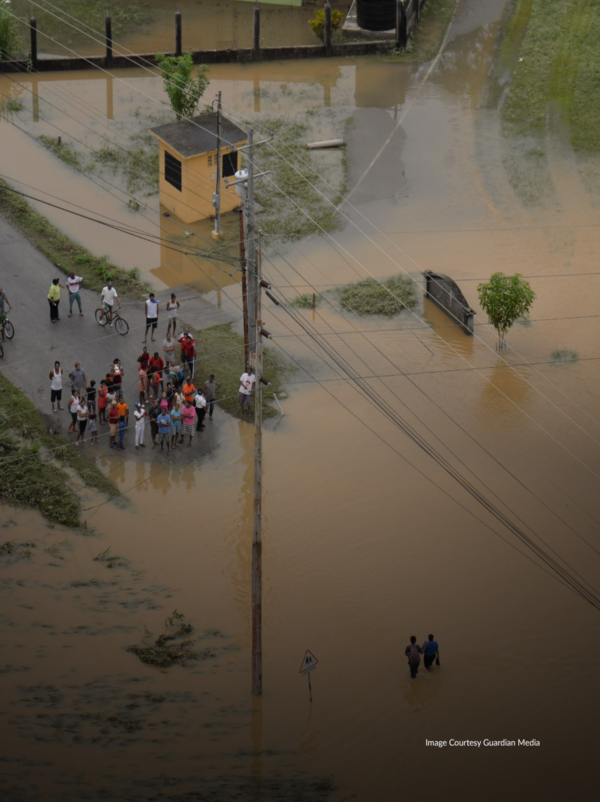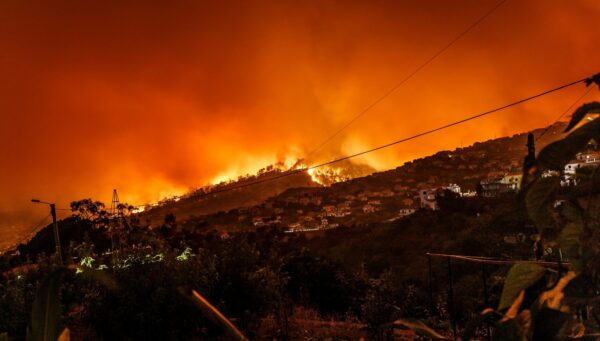The impacts of multiple tropical cyclone events and associated precipitation on household income and expenditures
Authors
Jessie Ruth Schleypen, Charlotte Plinke and Tobias Geiger

Tropical cyclones are one of the most destructive natural hazards. Damages arise from strong winds, compounded by associated flood-inducing hazards such as heavy rainfall and storm surge. Recent papers have shown that the modelled tropical cyclone damage estimates fall short of the observed estimates due to the use of wind speed as a sole damage proxy. Damage estimates may be further confounded by inaccurate representations of vulnerability of people and economic sectors, for example, calling for adjusted damage thresholds in less developed regions.
This paper evaluates the impacts of compounded tropical cyclone hazards on household income and expenditure in the Philippines, with adjustments in vulnerability representation drawn from local information.
Our results show that the omission of tropical cyclone-associated precipitation leads to an underestimation of impacts, as well as the number of areas and economic sectors affected by tropical cyclones. We find that households cope through a reallocation of budgets and reliance on alternative income sources.
Despite extensive public and private disaster risk reduction and management strategies, we still find significant losses in income and expenditures at any number of tropical cyclone exposure.











